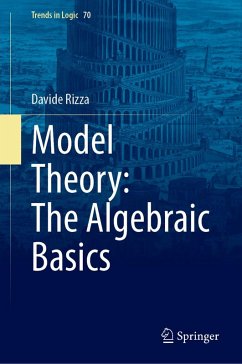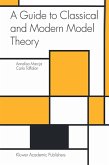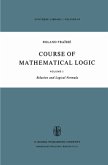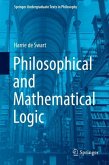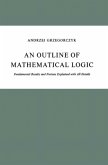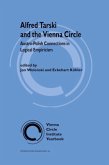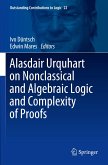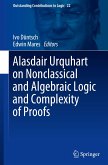This textbook is a gently-paced, comprehensive introduction to model theory suitable for students of philosophy, linguistics, computer science, or mathematics who specialise in logic. The book assumes no preliminary knowledge of logic or algebra beyond the barest rudiments of set theory. After a thorough discussion of the elements of model theory (languages, structures, morphisms), the reader is led into a study of key model-theoretic properties (quantifier elimination, model-completeness), ideas (types, Morley rank) and classic applications (to groups, vector spaces, algebraically closed and real closed fields). The book also discusses applications of model-theoretic ideas to philosophy and mathematical social science. More than 300 exercises with full solutions are designed to consolidate understanding and build confidence. A set-theoretic appendix covers in detail the theory of ordinal and cardinal numbers needed in the second half of the book.
Bitte wählen Sie Ihr Anliegen aus.
Rechnungen
Retourenschein anfordern
Bestellstatus
Storno

